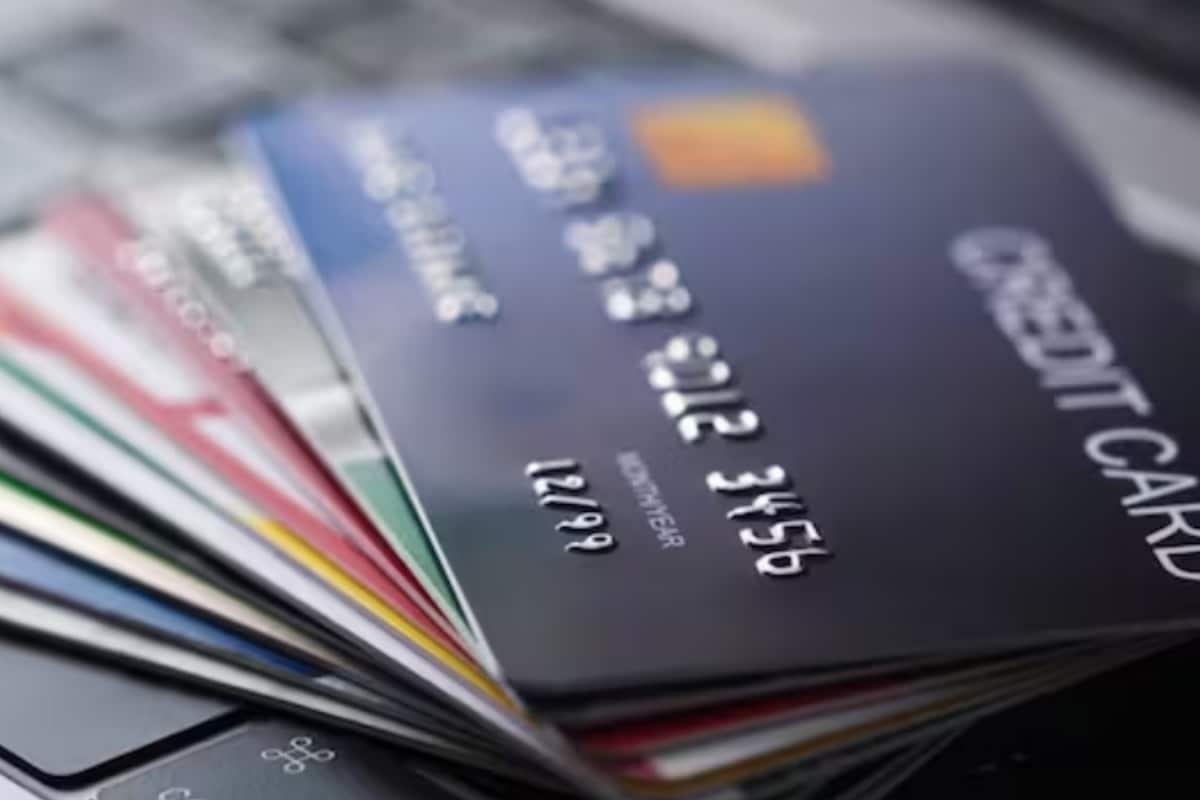Banking services can play a significant role in improving your credit score, although the connection isn't always direct. While simply having a bank account or making deposits won't automatically boost your score, responsible banking habits can indirectly lead to a better credit profile. Here's how to leverage banking services to your advantage:
1. Payment History is Key:
- Direct Debits and Bill Payments: Setting up direct debits for bill payments through your bank ensures timely payments, which is the most critical factor in your credit score. Payment history accounts for 35% of your FICO score. Consistent on-time payments demonstrate responsible financial behavior to lenders.
- Avoid Overdrafts: Manage your account to avoid overdrafts. Overdraft fees and penalties can be reported to collection agencies, which will negatively impact your credit score.
2. Credit Utilization and Debt Management:
- Savings as a Buffer: Maintaining a savings account can indirectly help your credit score. Having readily available funds makes you less likely to max out credit cards when unexpected expenses arise. Keeping your credit utilization low is crucial.
- Manage Credit Card Balances: While your bank account balance isn't reported to credit bureaus, how you manage credit cards offered by your bank certainly is. Keep your credit utilization rate (the amount of credit you're using relative to your credit limit) low – ideally below 30%. Paying your credit card bills in full each month is the best practice.
- Debt Consolidation: Explore debt consolidation options offered by your bank to manage existing debts more effectively. Consolidating high-interest debt into a single loan with a lower interest rate can make payments more manageable and improve your credit score over time.
3. Establishing and Maintaining Credit:
- Secured Credit Cards: If you have trouble qualifying for a traditional credit card, consider a secured credit card offered by your bank. These cards require a cash deposit as collateral, making them easier to obtain and a good way to build or rebuild credit. Responsible use and timely payments on a secured card can help improve your credit score.
- Credit Mix: Having a mix of credit accounts, such as credit cards and loans, can positively influence your credit score. Banks offer various credit products; however, only apply for credit when you need it. Don't open accounts just to have a better credit mix.
4. Responsible Account Management:
- Avoid Closing Accounts with Negative Balances: Never close a bank account with a negative balance. Banks may turn overdrawn accounts to collection agencies, resulting in a negative entry on your credit report.
- Monitor Bank Fees: Pay attention to bank fees and avoid incurring them. Unpaid bank fees can also be sent to collection agencies, harming your credit score.
- ChexSystems Record: Be mindful of your ChexSystems record. Banks use ChexSystems to screen new account applicants. A negative ChexSystems record can make it difficult to open new accounts.
5. Other Considerations:
- Electoral Register: Ensure you are on the electoral register, as this helps confirm your identity and address, which can improve your credit score.
- Credit Report Errors: Regularly check your credit reports from Experian, TransUnion, and Equifax for any errors and dispute them immediately.
- Limit Credit Applications: Avoid applying for too much credit in a short period, as multiple credit applications can negatively affect your score.
While your day-to-day banking transactions and account balances are not typically reported to credit bureaus, managing your bank accounts responsibly and utilizing banking services strategically can significantly contribute to a healthier credit score. By focusing on timely payments, responsible credit utilization, and careful account management, you can leverage your banking relationships to improve your creditworthiness and access better financial opportunities.

